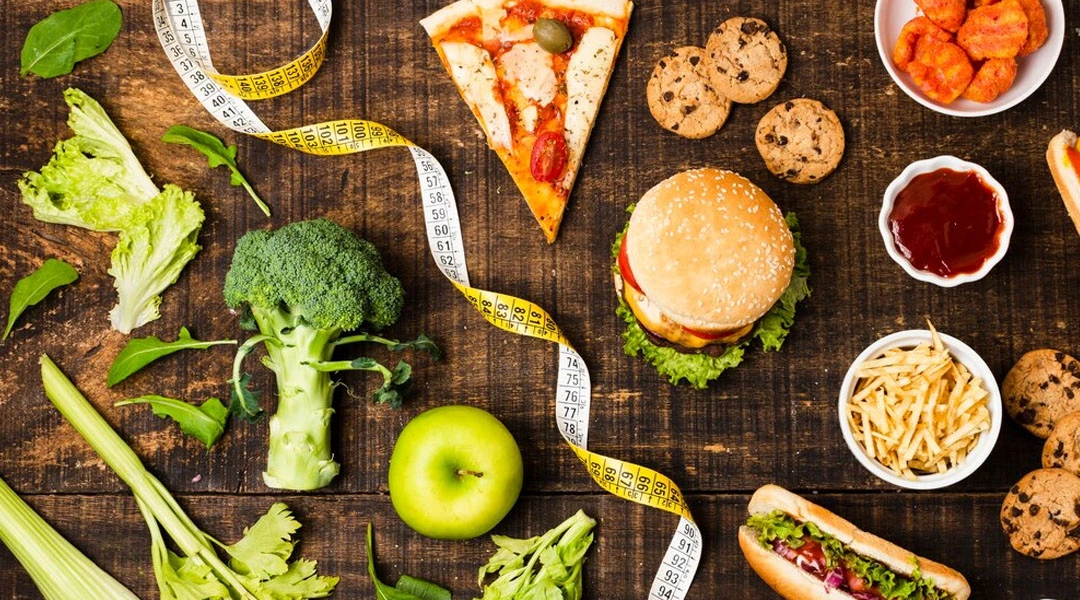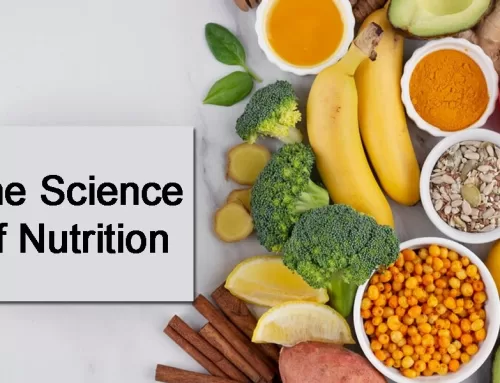Food is an essential component of life. The argument between junk food and nutritious food has gained traction because of the development of the internet! There are several striking distinctions between junk food and nutritious food. Even though tempting, oily junk food could temporarily satisfy your appetite, a nutritious diet is necessary for long-term health. Now let’s explore what constitutes a good and unhealthy diet, how they differ, and some food examples. Read on, then!
Yash Birla says that healthy food and junk food are two categories of food that differ significantly in their nutritional content and impact on health.
Here’s a comparison between healthy food and junk food
Healthy Food:
- Nutrient-Dense: Healthy foods are rich in essential nutrients like vitamins, minerals, fibre, and antioxidants. They provide the body with the necessary fuel for energy, growth, and overall well-being.
- Low in Empty Calories: They are generally low in added sugars, unhealthy fats, and empty calories, which helps maintain a healthy weight.
- Beneficial for Health: A diet rich in fruits, vegetables, whole grains, lean proteins, and healthy fats has been associated with a reduced risk of chronic diseases such as heart disease, diabetes, and certain types of cancer.
- Balanced Macronutrients: Healthy foods often provide a balance of carbohydrates, proteins, and fats, which helps to maintain stable blood sugar levels.
- Satiety: These foods tend to be more filling, which can help control appetite and reduce the risk of overeating.
Junk Food:
- High in Empty Calories: Junk foods are often high in added sugars, unhealthy fats, and calories without providing much in the way of essential nutrients. They are often referred to as “empty calories.”
- Low in Nutrients: They lack the vitamins, minerals, and fibre that the body needs for optimal health.
- Unhealthy Fats: Many junk foods are high in trans fats, saturated fats, and hydrogenated oils, which can contribute to heart disease and other health problems.
- Processed Ingredients: Junk foods often contain artificial additives, preservatives, and high levels of sodium, which can be detrimental to health.
- Linked to Health Issues: A diet high in junk food has been linked to obesity, diabetes, heart disease, and other health problems.
It’s important to note that the occasional indulgence in junk food is not inherently harmful, but a diet predominantly consisting of these foods can have negative health consequences. Moderation is key, suggests Yash Birla.
A balanced and healthy diet should prioritize whole, minimally processed foods like fruits, vegetables, lean proteins, whole grains, and healthy fats. It’s also essential to maintain portion control, stay hydrated, and consider individual dietary needs and preferences when making food choices. Ultimately, the goal is to strike a balance between enjoying the occasional treat and nourishing the body with nutrient-dense foods for long-term health and well-being.








Leave A Comment